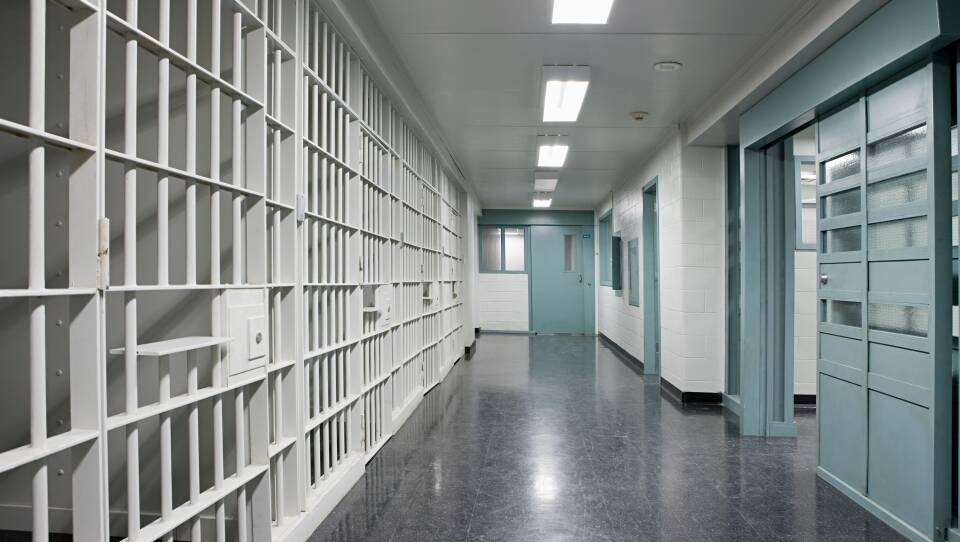A majority of incarcerated women who were either interviewed or responded to a survey by the Prisoners’ Legal Services of Massachusetts have either experienced or witnessed sexual misconduct by staff.
That’s according to a new report from the organization, which is calling for an independent oversight body to increase accountability and transparency in the Department of Correction and for the release of as many women as possible from prison.
The report, titled “A Different Way Forward: Stories from Incarcerated Women in Massachusetts and Recommendations,” includes accounts from 22 women who were interviewed and 10 who were anonymously surveyed. The report included a mix of women who are currently and formerly incarcerated — mostly in the state’s only women’s prison, MCI-Framingham.
According to Prisoners' Legal Services, 19 women interviewed and six surveyed said they witnessed or experienced sexual misconduct or harassment from prison staff. Three women who were interviewed said they experienced physical violence from staff.
Transgender women incarcerated in men’s facilities reported facing sexual misconduct from both correctional staff and incarcerated men. According to the report, transgender women also reported a lack of access to gender-affirming health care.
Sarah Nawab, the primary author of the report, said one problem investigators had is that women were fearful of coming forward because of concerns over retaliation.
“The way that things are supposed to work, [the Department of Correction] is supposed to be responsible for incarcerated women’s safety,” she said. “But the reality is there’s no kind of prison that will ever be safe for women and women were in fear of retaliation when they would report to us, which is why they did not want to pursue any sort of recourse through traditional means and the traditional justice system.”
A DOC spokesperson said the department does not tolerate “any form of sexual abuse or harassment by those living or working within its facilities.”
“DOC’s comprehensive internal procedures exist to prevent, detect, and respond to any such conduct, and hold any staff found to be in violation of DOC’s standards accountable,” the spokesperson told GBH News via email. “The highest standards of health, safety, and wellbeing of those entrusted to our care remains central to our rehabilitative mission.”
Prisoners’ Legal Services is calling on the state to take a number of measures to combat these issues, including implementing oversight from an independent body to bring more accountability and transparency to the DOC.
“And then beyond that, in terms of what the state can do, I think the state can focus on releasing as many women as possible from prison because, again, I would argue that there is no form of prison that is rehabilitative. Rehabilitation, healing, that happens in the community,” Nawab said.
Elizabeth Matos, executive director of Prisoners' Legal Services, noted the timing of publication for the report, which is coming out amid debate over a proposed $40 million rehabililation center for women run by the DOC that would aim to address some of the issues women face in Massachusetts prisons.
Matos said that proposal glosses over the elephant in the room.
“This is a culturally entrenched system that perpetrates a lot of harm on people and has for a long time,” she said.
Prisoners’ Legal Services is also in support of legislation that would put a five-year moratorium on new jails and prisons being built within the commonwealth. It’s a bill that is crucial in Matos’ mind.
“And it’s not at all a radical bill,” she said. “You know, there are much more radical bills that could be out there. This is just saying, ‘Let’s pause for five years and figure out what the most effective thing is to do right now to actually address the kinds of things and needs that women have and how to prevent harm from happening.’
“This isn’t the way to do it. We know that,” she continued. “We see that every day in our work and I think the report really goes a long way just showing why a pause is necessary. Throwing $40 million at a system that is not taking care of women makes very little sense and is really fiscally irresponsible, if nothing else.”







